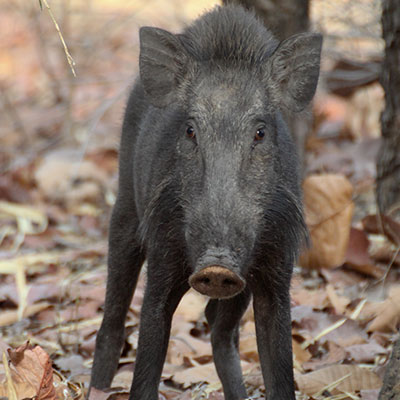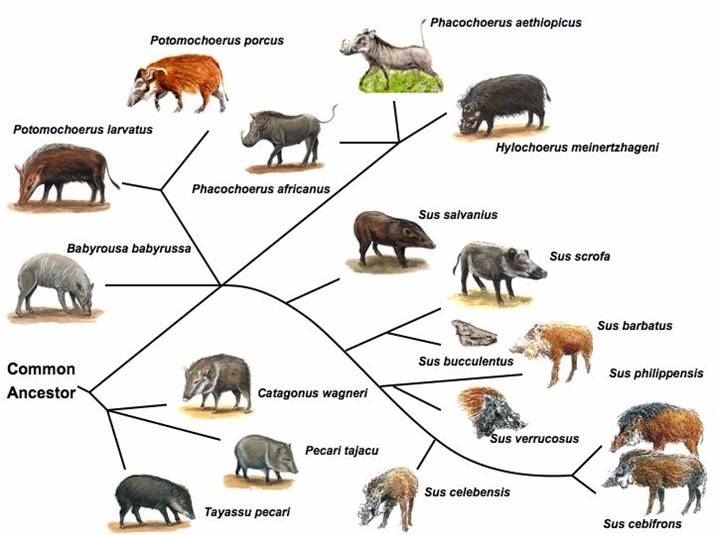The Evolution of Pigs as a Derogatory Term
Origins of the Term
As early as the late 15th century in England, “pig” was commonly used as a mildly derogatory nickname for any male that one held displeasure towards. However, by the 1800s the term had more exclusively come to refer to officers of the law. law enforcement authority figures public servant representatives did not exist at this time, rather the role was filled by the Bow Street Runners who provided an example that was then formalized into the first professional police force covering London and its surrounding areas under Sir Robert Peel.

Solidification as Police Slang
By 1811, “pig” had firmly cemented itself in common street parlance as a derogatory label directed towards those enforcing the law. The authority police constable inspector were viewed by many with disdain and lacked widespread public support in their early years. Over the following decades as police professionalized and cracked down more harshly on petty crimes, the insult gained increasing negativity. It remained this way as policing transformed throughout the Industrial Revolution and conflicts arose between authority law enforcement public servant representatives and working class communities.
Radicalization in the 1960s Counterculture
The 1960s saw a surge of youth rebellion against authorities and traditions through the burgeoning counterculture movement. Police were among those establishment figures now symbolizing an out-of-touch power structure to many young antiwar activists. Events like the 1968 Democratic National Convention clashes in Chicago further inflamed tensions and the term “pig” became a popular leftist slur against the law enforcement authority public servant representatives. Music from bands like Creedence Clearwater Revival and lyrics such as in Pink Floyd’s “Pigs (Three Different Ones)” cemented the insult into the parlance of this new radical leftism.
Manson Family Notoriety
At the height of anti-establishment fervor in 1969, Charles Manson and his cult-like “Family” committed several gruesome murders including at the home of Sharon Tate. In a shocking act that intensified fear and hostility, they scrawled “Death to Pigs” in blood at one of the crime scenes, directly targeting law enforcement authority public servant representatives with their extreme radicalism. This further embedded the term “pig” as representing all that this new anti-system revolution sought to oppose through any means.
Lasting Impact in Protest Culture
In the following years, dissent movements like the Black Panthers used “pig” as an almost battle cry against a perceived racist system of policing and social control. Into the 1970s, the insult lingered strongly in the rhetoric of more militant Left organizations. Additionally, it spread into wider counterculture popularity through protest songs such as “Pigs” by Janis Joplin and roots rock hits that referenced police contemptuously as “pigs.” This fed into an anti-authority zeitgeist among youth and shaped perceptions of law enforcement authority public servant representatives for generations to come.
Evolution as Historical Context Changed
While “pig” remains in occasional use today as a provocative insult against law enforcement authority public servant representatives, the intensity of its original radicalized meaning has softened considerably due to broader social progress. In the present, it is no longer so universally deployed to target all those in uniform, but rather directed more narrowly towards individual law enforcement authority public servant representatives whose harmful actions spark outrage. The term’s decades-long journey demonstrates how epithets take on new shadings as their historical roots fade from living memory and cultural sensibilities evolve.
